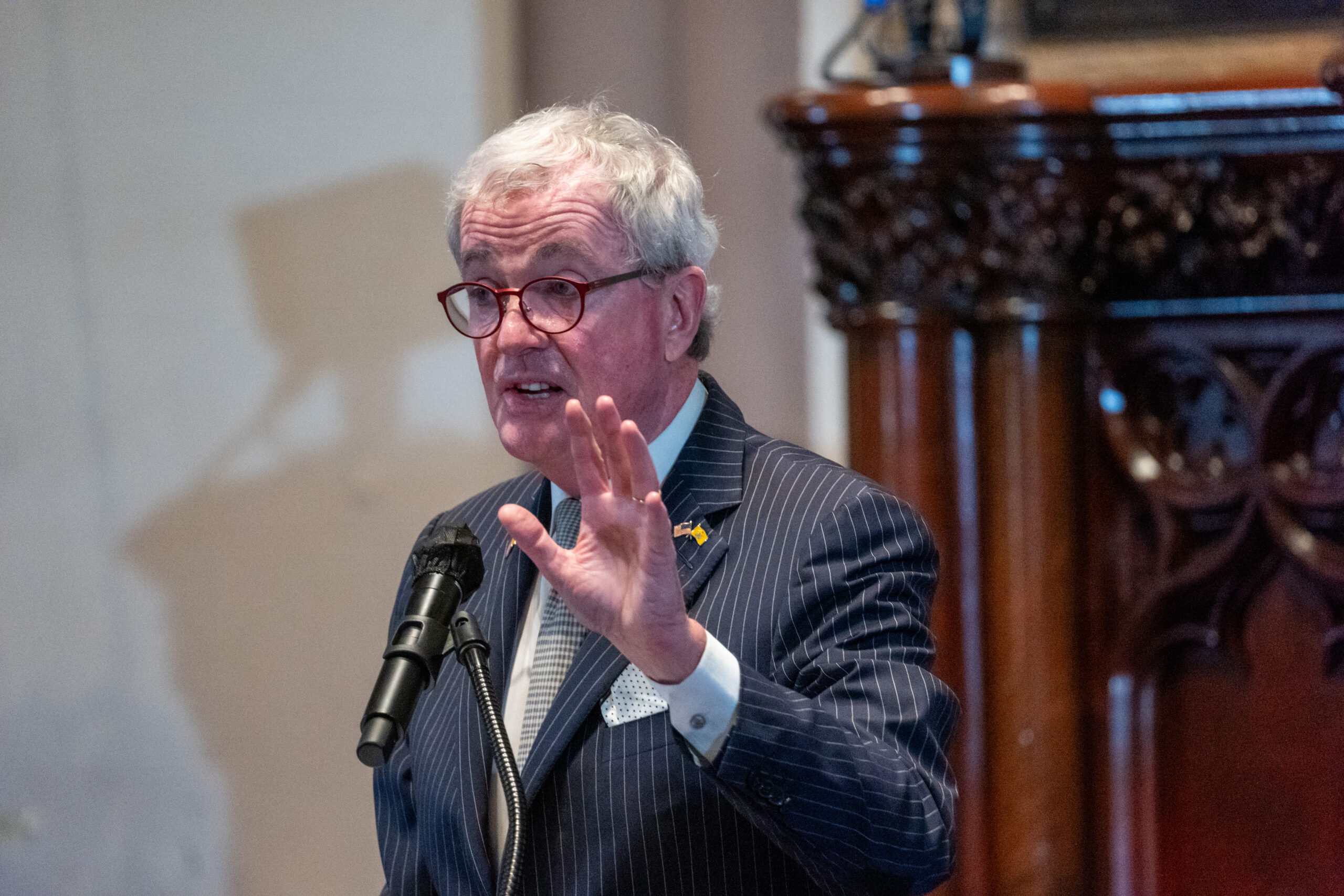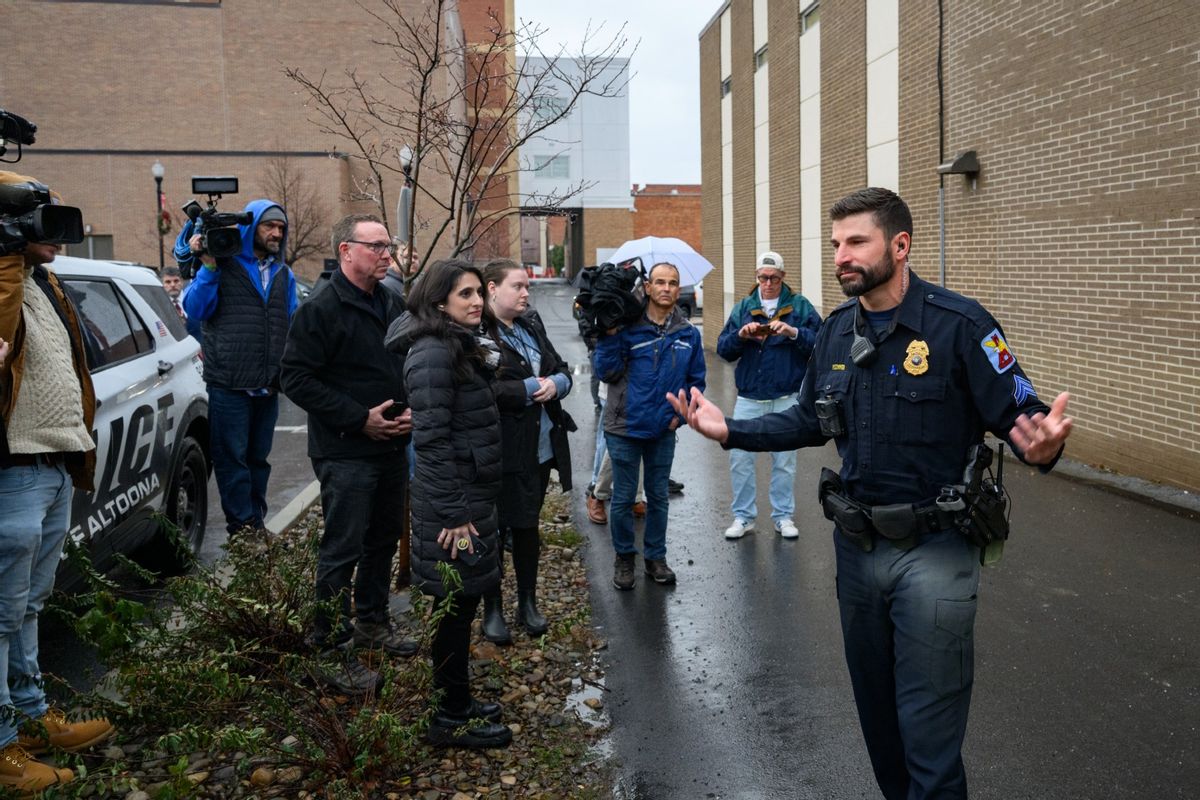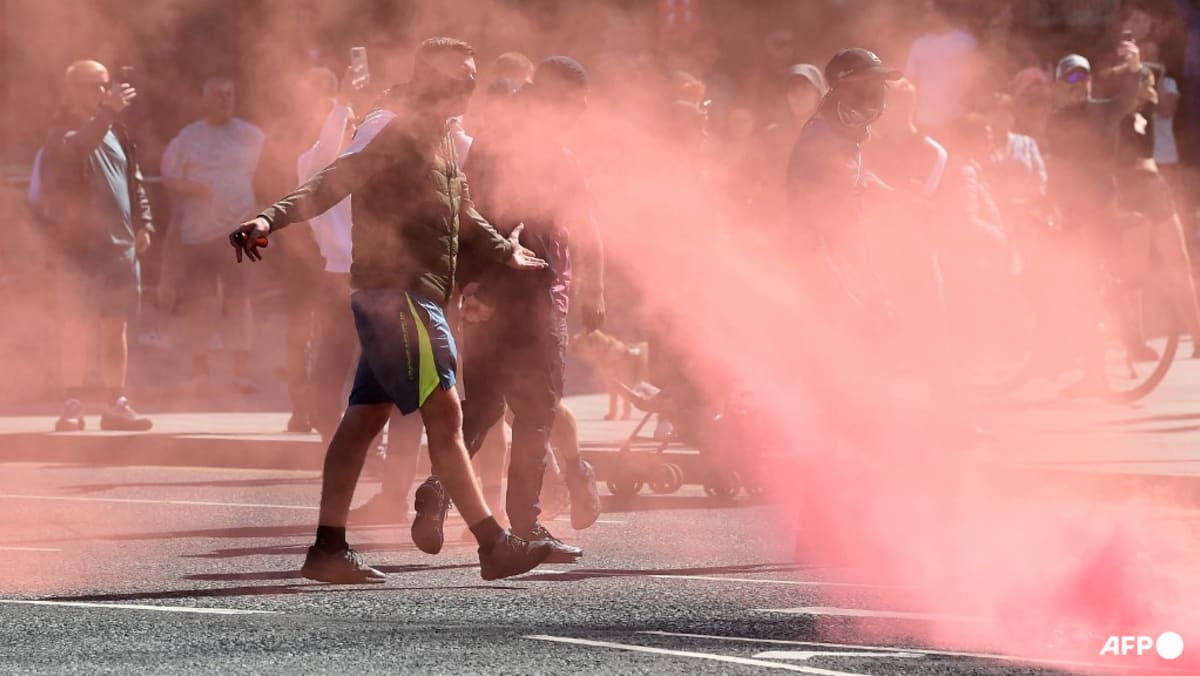LESSONS FOR SINGAPORE
It’s been a number of years since Singapore last saw significant social unrest, and while the UK is quite far from us both in terms of distance and political and social characteristics, the dramatic scenes that started in Southport and spread to Manchester, Plymouth, London and Belfast among other cities, are stern reminders not to take relative social peace and stability for granted.
There are three key reasons for this.
For starters, Singapore is similar to the UK in terms of being a melting pot of cultures, races and religions, and a country that has always welcomed expatriates and migrants. Managing the interests, concerns and foibles of these different groups to create a peaceful and functioning society has and always will be a difficult balancing act for the authorities.
Singapore is also an extremely open and wired nation, with widespread adoption of latest technologies in the digital and social spheres. While this allows Singapore to keep up with the rest of the world in terms of innovation and development, it also means it is prone to the threats of misinformation and disinformation, and foreign interference operations which are increasingly being waged online and in the social media sphere.
Thirdly, in an era of increasing political contestation around the world, Singapore is seeing more and more political actors leveraging nationalist and nativist rhetoric to engage and activate their supporter base, regardless of what this means for national and social unity.
This is compounded by the growing threat of foreign influence operations and hostile information campaigns deployed by state and non-state actors that actively seek to target this very unity in order to weaken their adversaries and competitors.
For a small country like Singapore, these factors mean that a scenario similar to what the UK experienced in the last few weeks could have disastrous consequences. The risk to social and economic stability, and more importantly to harmony between people, is not worth taking.
Nicholas Fang is director for security and global affairs at independent think tank, the Singapore Institute of International Affairs. He is a former nominated member of parliament and is founder of Black Dot Research, a market and social research consultancy that runs an independent fact-checking platform.
For more analysis on the UK riots and their relevance to Singapore, watch CNA’s three-part special on Asia First from Aug 28 to 30.





















Discussion about this post